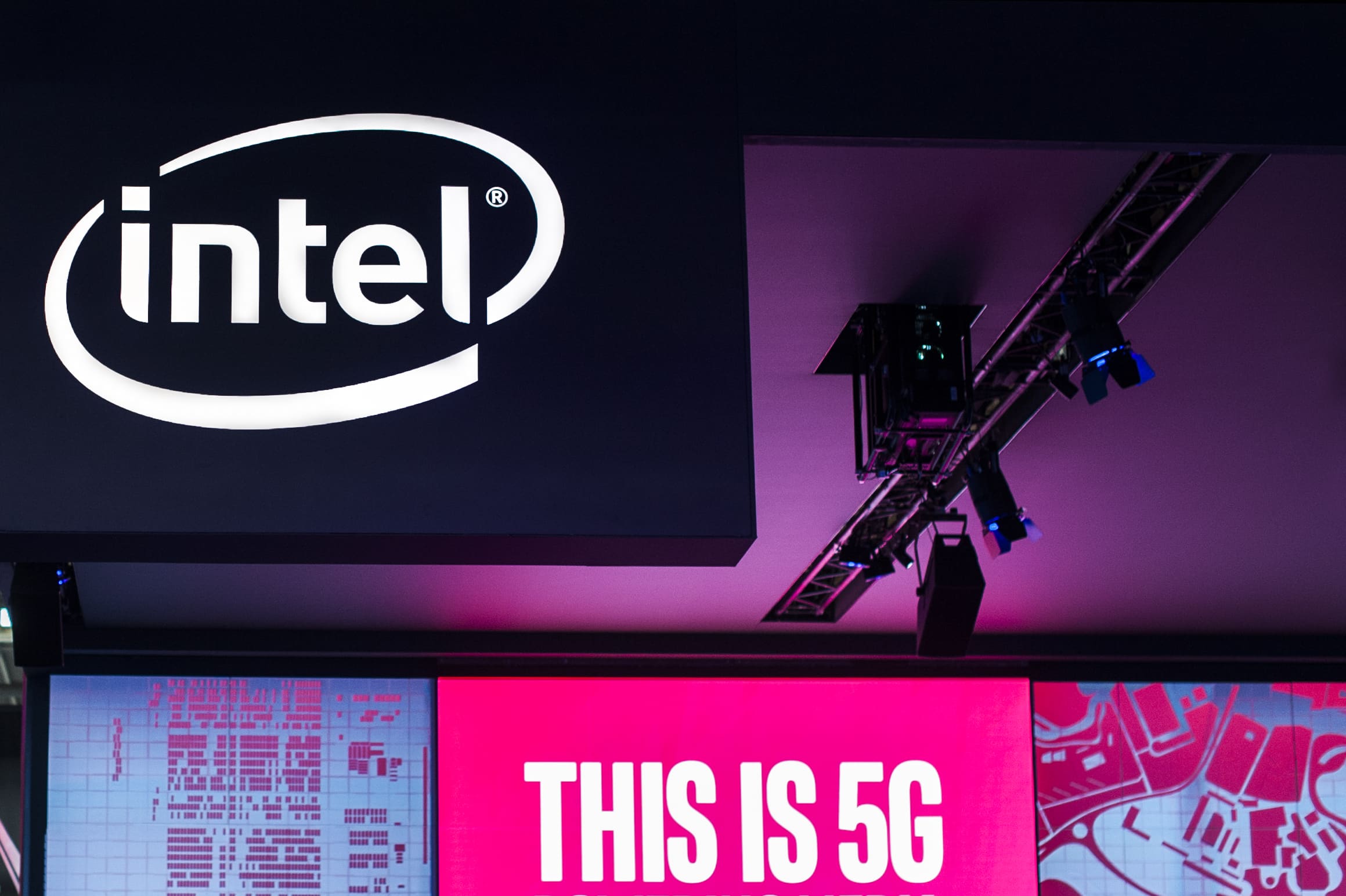Intel logo exhibited during the Mobile World Congress, on February 28, 2019 in Barcelona, Spain.
Joan Cros | NurPhoto | Getty Images
The U.S. might be behind China in the race to 5G, and top American telecom executives are watching.
“They are going at it with a lot of intensity,” Qualcomm CEO Steve Mollenkopf said in an interview with CNBC’s David Faber at the T2 Summit in Brooklyn on Thursday.
“What’s different this time around is the speed to which the Chinese are deploying relative to the leadership maybe established in other places. You are seeing a lot of deployment intensity early on. And the delay between those two milestones is very short this time,” Mollenkopf said. The comments came during a panel conversation with Verizon CEO Hans Vestberg and IBM CEO Ginni Rometty.
5G is a next-generation mobile network that promises super-fast data speeds and the ability to underpin new technologies like driverless cars. China is accelerating efforts to spur 5G growth in the country, granting licenses to major state-owned mobile carriers for the commercial rollout. Telecom giant Huawei has signed over 50 commercial 5G contracts, more than its closest competitors Nokia and Ericsson. The company recently said it’s already working on 6G.
To speed up 5G deployment in the U.S., President Donald Trump and the Federal Communications Commission earlier this year announced several initiatives to encourage the private sector to lead the process. AT&T and Verizon already have fledgling 5G networks in the U.S. , and T-Mobile and Sprint plan to activate their networks later in 2019.
The Trump administration blacklisted Huawei in May at the height of the trade war, accusing it of being a national security risk and effectively halting its ability to do business with U.S. companies.
Verizon’s Vestberg said the network is not using any technology from Huawei.
“We are using providers from Europe and … Korea and it’s working very nicely,” Vestberg said. “We feel really good about our base of the supply chain to build the network.”
